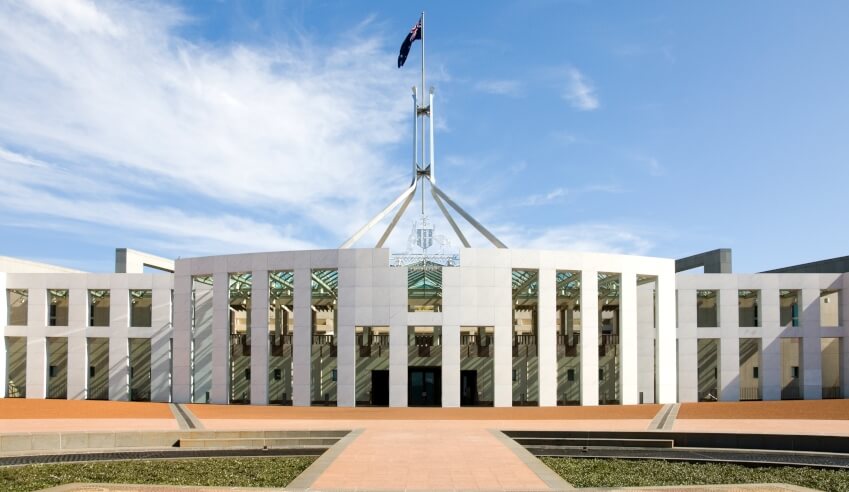The modernisation of business communications is a new key priority for the federal government, an announcement welcomed by the Governance Institute of Australia.

Earlier this week, the Department of the Prime Minister and Cabinet announced the next two priority areas for its Deregulation Taskforce: modernising business communications and improving occupational mobility.
With regard the first priority, Assistant Minister to the Prime Minister and Cabinet Ben Morton MP said: “Commonwealth and state laws have not kept pace with the way Australians engage with digital communications and add compliance costs, for example, by mandating that businesses use certain methods of communicating or storing information – preventing them from using electronic delivery or adopting new technologies such as blockchain applications.”
“The Electronic Transactions Act 1999 facilitates commerce by removing impediments to using electronic communications to satisfy legal obligations but, in the 20 years since its introduction, digital communication has proliferated while the number of exemptions, currently 147, has hardly changed. The [taskforce] will also examine other legislation which can be made technology neutral,” he noted in a statement.
“In order to reduce business costs and better reflect the way Australians want to engage and communicate, the Deregulation Taskforce will work with business and consumers to identify and address these issues, and with state and territory governments to explore complementary reforms.”
Responding to the announcement, Governance Institute CEO Megan Motto welcomed the move to modern business communication, saying the institute supports increased scrutiny of the legislation covering digital communication “which is often criticised as being out of date and out of touch”.
“This is an exceptional chance for some real reform of digital communications and we look forward to some positive, permanent steps in this area,” Ms Motto said.
The taskforce will “work with business and consumers to identify and address these issues, and with state and territory governments to explore complementary reforms”, and will also examine other legislation that can potentially be made technology neutral, she added.

Jerome Doraisamy is the managing editor of professional services (including Lawyers Weekly, HR Leader, Accountants Daily, and Accounting Times). He is also the author of The Wellness Doctrines book series, an admitted solicitor in New South Wales, and a board director of the Minds Count Foundation.
You can email Jerome at: